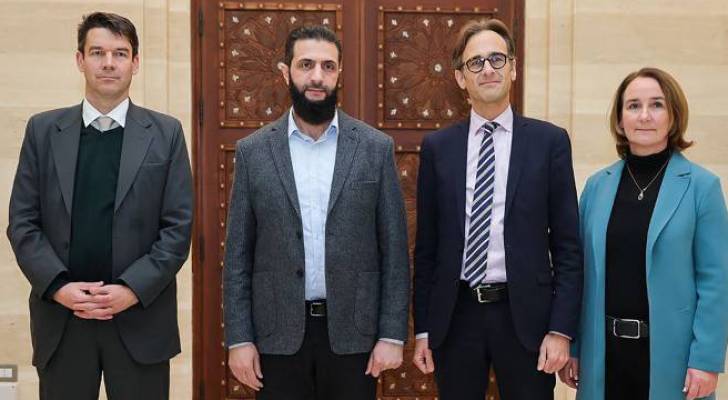
When does a beneficiary’s retirement share stop?
Insurance expert Musa Subaihi explained that the beneficiaries of the retirement salary are the family members of the insured person, the pension holder, or the deceased disability pension holder who meet the eligibility criteria.
The beneficiaries are limited to: the widow/widower, children, parents, dependent siblings, and the unborn child if born alive.
Subaihi stated that upon the death of the pension holder or the insured person entitled to the retirement salary, their pension is distributed as shares to the eligible heirs according to specific conditions and shares defined by law.
Conditions for stopping the beneficiary’s share
Subaihi confirmed that the disbursement of the beneficiary’s share of the pension is stopped in two specific cases:
1-When the beneficiary takes a job with a salary.
2-When the beneficiary practices a profession that generates income.
He added that this applies if “the wage or income from the job or profession equals or exceeds their entitled share. If the wage or income is less than the share, the difference is paid to them. Therefore, it is important for the beneficiary to inform the Social Security Corporation when they take a job or engage in a profession that generates income so that the legal measures can be taken to stop their share fully or partially.”
Subaihi noted that the law exempts three beneficiaries: the father, mother, and widow of the deceased pension holder.
According to the law, if any of them works for a wage or has income from a profession, their share of the pension is not affected and nothing is stopped.








